What is Volts, Amps, and Watts?
Let's talk about how to measure the electricity. By the nitty gritty - Volts, Amps & Watts.
Voltage
Voltage is the force of the electricity, it measures the electrical pressure. The electricity is very similar to a garden hose with water and the voltage is the pressure of the water.

Whether the water is flowing through the hose or not, the pressure is constant like the voltage is always there. Because the voltage is the energy potential or how much force is ready to be used, it can tell you what appliances you can hook up to your electrical system.
If you have a 12-volt appliance, you can hook up to a 12-volt battery, same as a 110-volt appliance hook up to a 110-volt battery, you can think of voltage as a way to understand compatibility.
Amperage
Amperage is the rate of electrical flow, the amp rating will determine how big the wire needs to be when attaching electrical components.
In the garden hose example it will be the thickness of the water hose, the thicker it is the more water can go through.

If you have a 24-volt appliance, you can hook up to a 24-volt battery, and you will need a wire that is large enough to carry the number of amps required for that load.
Wattage
Watts is a combination of volts and amps, it‘s simply the voltage times amperage and that will tell you the total amount of electricity going through a system, and shows you how much power overall it's generating or consuming.
Let's do some simple calculation, now we have a solar panel that produces 10 volts but only 1 amp, that means that volts times the amps you will have 10 volts x 1 amp = 10 watts.

If the sticker on the back of an appliance shows the wattage and the voltage but doesn't tell you the ampere, now you know how to figure it out.
On your electricity bill, it will tell you how many kilowatt hours or thousands of watts of hours you have used, that's the wattage times the hours, what are called Watt-hours.
-

- If you use 100 watts for one hour, that's 100 watt-hours;
- If you use 1,000 watts for one hour, that's 1,000 watt-hours or one-kilowatt hour/1kWh.
It's very simple in the watt-hour to understand how much electricity an appliance is generating or consuming over time, or use watt-hour to determine how much electricity a battery can store.
It’s the best way to compare batteries, you can determine how long it can power your appliances, and how long it will take to recharge with a solar power system or an AC charger by the watt-hour rating of the battery.
- If you have a thousand-watt-hour storage battery and want it to power a 50-watt load, we can take thousand-watt hours and divide it by 50 watts, then we know how many hours it can power for, which is 20 hours.
- Let's do a second example, we have a 100-watt hour battery and we want to power a 20-watt load, we can do it for 5 hours.
Conclusion
Use volts and amps to figure out the wattage, then use watts with time to figure out watt-hours.
Watt-hours is the best metric to determine how big a battery is, how long it takes to recharge, how long you can use that battery to power your loads and everything else.






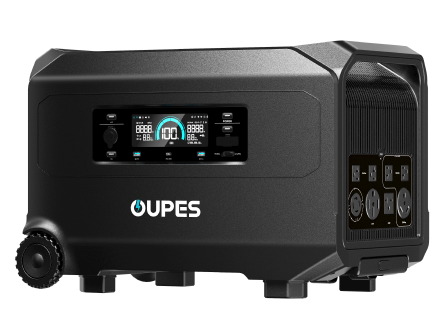



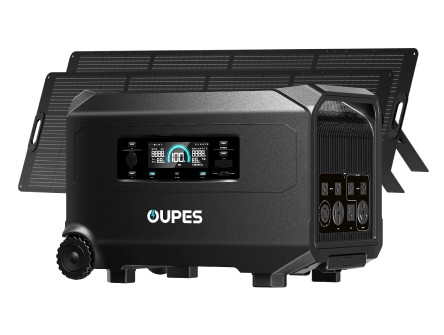

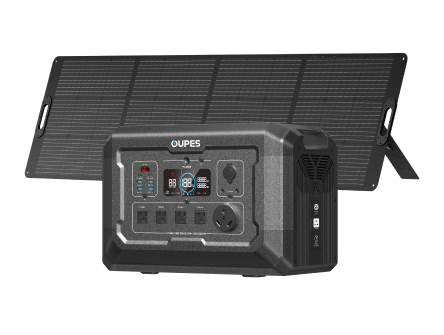

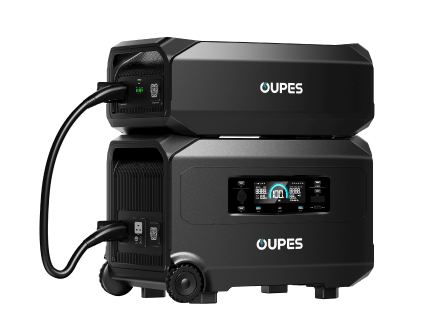
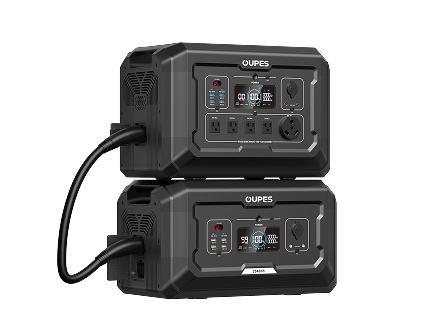
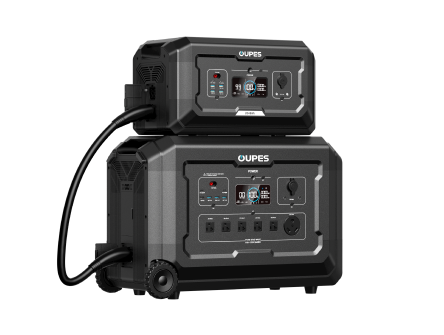
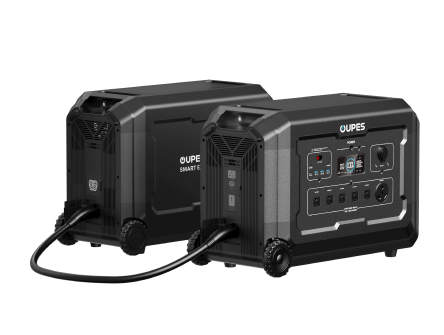




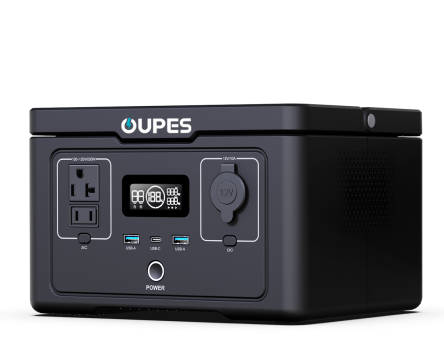


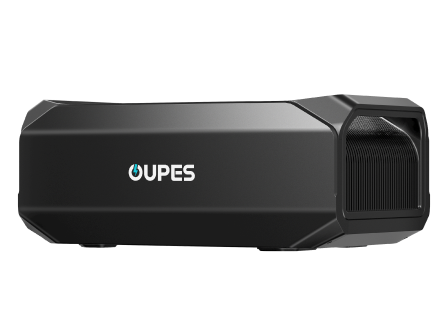
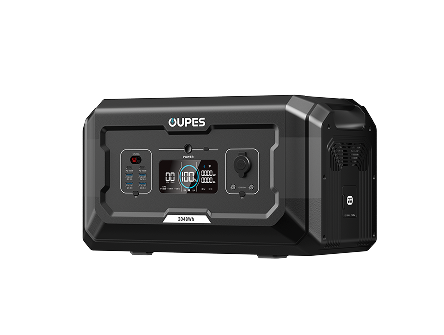
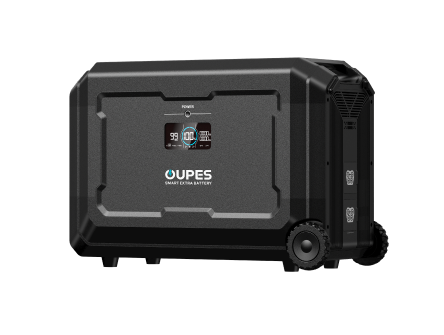
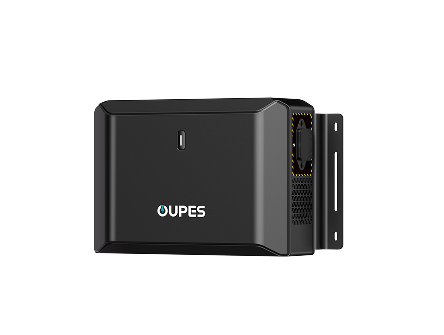










Leave a comment
This site is protected by hCaptcha and the hCaptcha Privacy Policy and Terms of Service apply.